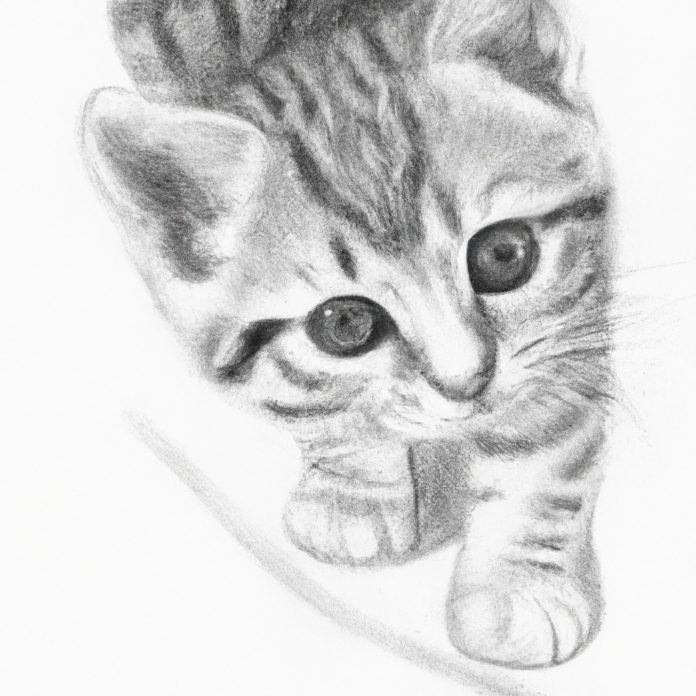Dear VetBabble: Is My Kitten’s Red and Swollen Anus Due to Worms?
My 7-week-old kitten has a red and swollen anus. She received her first round of deworming yesterday, and I’m not sure if it’s helped. She appears to be eating well and remains alert, plus she’s going to the bathroom with no issues. Since intestinal worms can cause a red and swollen anus, will deworming help improve her condition? Should I monitor her and consult a veterinarian if it persists? Also, when should she receive another deworming treatment?
Understanding Intestinal Worms in Cats
Intestinal worms are a common issue in cats, especially in kittens. Many kittens are born with worms or acquire them through their mother’s milk. Intestinal worms such as roundworms, hookworms, and tapeworms can cause a wide range of symptoms, including a red and swollen anus. To learn more about worms in cats and their symptoms, click here.
The Importance of Deworming Your Kitten
Deworming is an essential part of a kitten’s healthcare. Regular deworming treatments help to ensure that your kitten remains healthy and free from intestinal parasites. Worms can cause various health problems for your kitten, including poor growth, diarrhea, and even anemia in severe cases. Therefore, it’s crucial to understand why worming your pet is so important.
Since your kitten has received her first round of deworming treatment, it’s possible that the red and swollen anus may improve over time as the treatment takes effect. Generally, deworming treatments are administered every two weeks until the kitten reaches 12 weeks of age, then monthly until six months of age. After that, your vet may recommend deworming every 3 months or a specific schedule based on your cat’s living conditions and risk factors.
Other Potential Causes of a Red and Swollen Anus
While worms can cause a red and swollen anus, other health issues may lead to the same symptom. For example, Coccidia is a type of intestinal parasite that can cause diarrhea, weight loss, and irritation around the anus. You can find more information about Coccidia in cats: symptoms, causes, and treatment here.
Another possible cause is constipation, which can lead to straining during defecation and irritation around the anus. To help a constipated cat and learn about potential treatments, read this article.
Monitoring Your Kitten and When to Consult a Veterinarian
It’s essential to keep an eye on your kitten’s condition after her deworming treatment. While it’s possible that the red and swollen anus is due to worms and may improve following the treatment, it’s crucial to consult a veterinarian if the symptoms persist or worsen. Your veterinarian will be able to diagnose the cause of the issue and recommend an appropriate treatment plan.
Remember that regular check-ups and a well-rounded healthcare plan are essential for maintaining your kitten’s wellbeing. Open communication with your veterinarian will create a strong foundation for your kitten’s long and healthy life.









